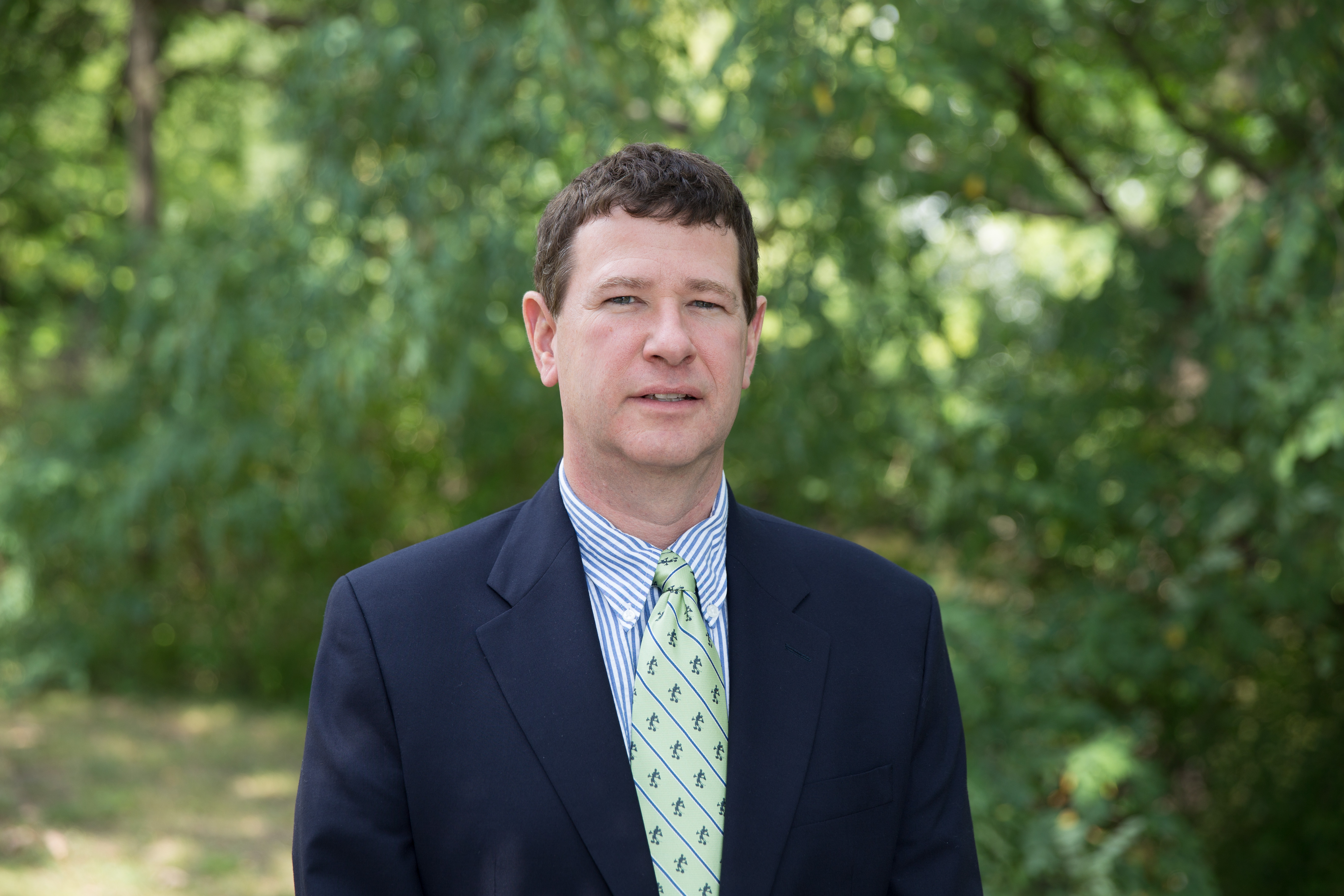Michigan State University has received a $2 million grant from the U.S. Agency for International Development, USAID, to help build the skills needed for economic growth in Mozambique.
MSU will partner with three universities to develop their capacity to provide quality employability services to students and launch new career development centers that can be replicated by other higher education institutions across the African country.
“MSU has a long history of research and service in Africa and a deep commitment to making a difference there,” said President Samuel L. Stanley Jr., M.D. “This project will leverage the power of postsecondary education and career services to improve students’ job prospects and advance prosperity in their communities.”
Youth in Mozambique often lack opportunities to gain the skills and applicable work experience that the private sector requires to compete in a global economy. Women and individuals with disabilities face particular difficulties, including gender biases and accessibility issues.
“When Mozambican students graduate, they often rely on informal networks to secure jobs, such as word of mouth or family and friends, not a set of credentials or experiences they gained from earning a degree. Compounding the issue of securing employment is that few students are engaged in internships or other types of practical work experiences, for example, because of high unemployment rates,” said Matthew Wawrzynski, project director and associate professor of Higher, Adult and Lifelong Education at MSU. “We will work with the universities to develop new types of career exploration and training, so students learn necessary soft skills that employers are seeking.”
Over four years, the USAID Higher Education Career Development Initiative (HECDI) will combine the expertise of consortium leaders, including Jeff Beavers, executive director of the MSU Career Services Network, to establish training and activities that ensure students, including women and persons with disabilities, graduate with the technical, entrepreneurial and soft skills to enter and thrive in the labor market. The universities in the consortium include Universidade Eduardo Mondlane in Maputo, and Instituto Superior Politecnico de Manica and Universidade Pungue, both in the Manica province.
The program will also build sustainable ties between universities and the Mozambican business sector so that universities can continually adapt their coursework and training to meet current demands. Staff at the pilot Career Development Centers will also receive training to gain in-depth knowledge of youth development, gender biases and accessibility issues, human resource issues and partnership building.
“The U.S. government is proud to support this program,” said USAID Mozambique Mission Director Helen Pataki. “As young Mozambicans increasingly engage in the global and regional economies, this program will help bridge the gap between youth and employers by better connecting educational institutions with the changing needs of the private sector and giving students information and skills needed to succeed.”
An expert in student affairs, Wawrzynski brings years of experience with international university partnerships and programming that is focused on sustainable capacity development and knowledge transfer. Jennifer Marcy, a Ph.D. graduate of the College of Education’s Higher, Adult, and Lifelong Education program with years of USAID experience, will serve as project manager.
Beavers will provide oversight for the development of the career center services curriculum and staff training.
A part of MSU’s Career Services Network, which serves nearly 50,000 students, is the use of career peers in which student leaders help mentor and advise new students with resume reviews, internship searches and career exploration. The program empowers students to help each other while also adding scalability and flexibility to the staffing model, Beavers said.
“We are excited to be involved in something so transformative and for the opportunity it presents to leverage MSU’s best-in-class service model to improve career outcomes for all students in Mozambique,” Beavers said.
About USAID
USAID is the lead U.S. Government agency for international development and humanitarian efforts to save lives, reduce poverty, strengthen democratic governance, and help people progress beyond assistance.
